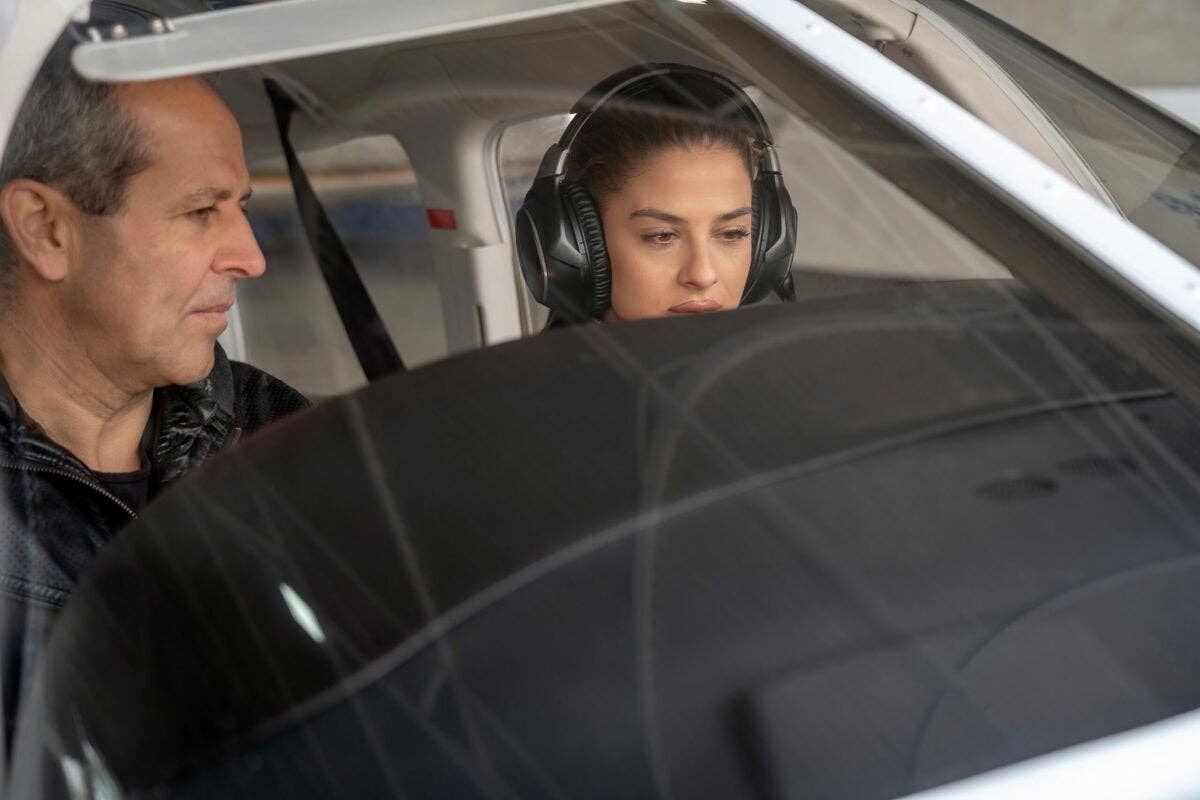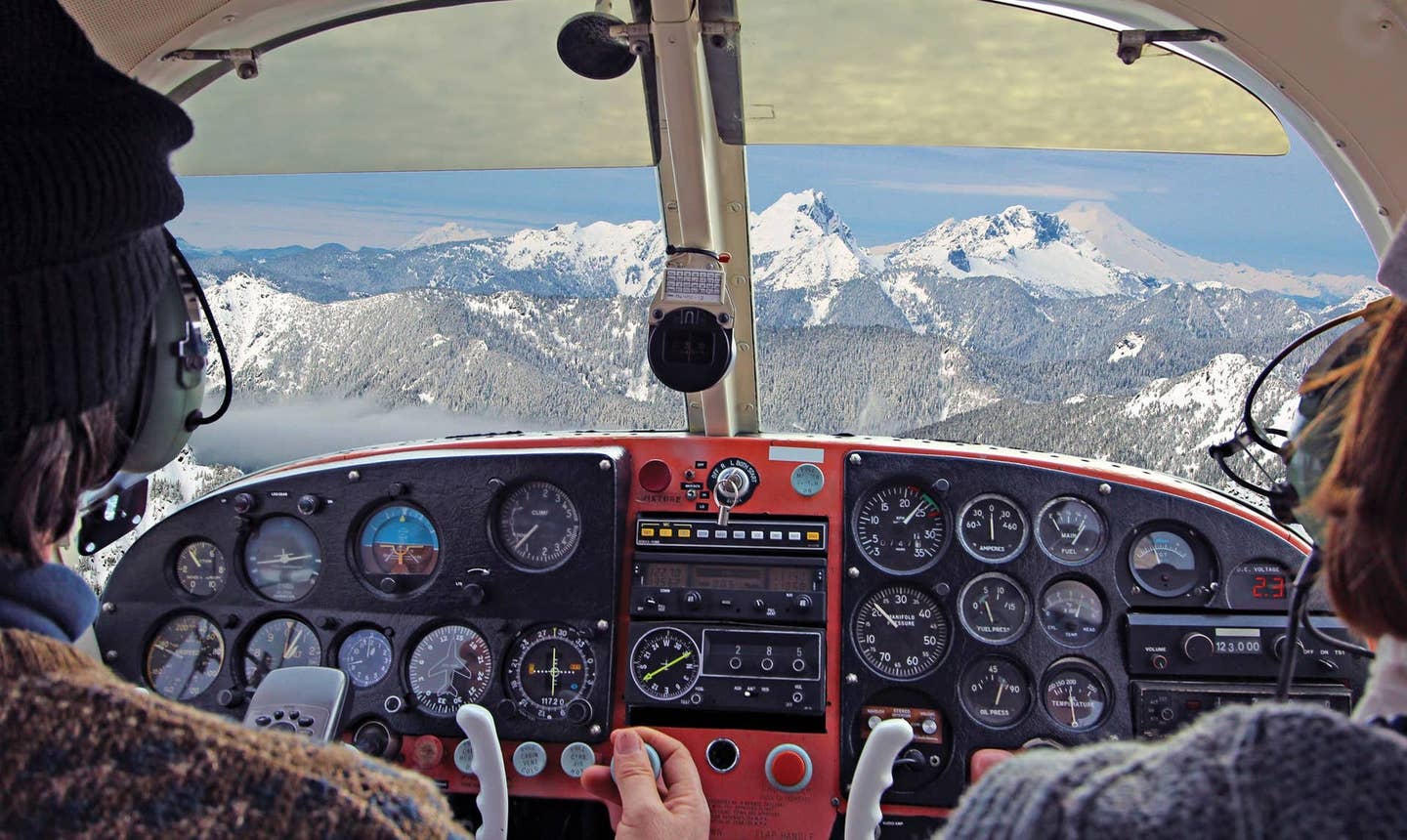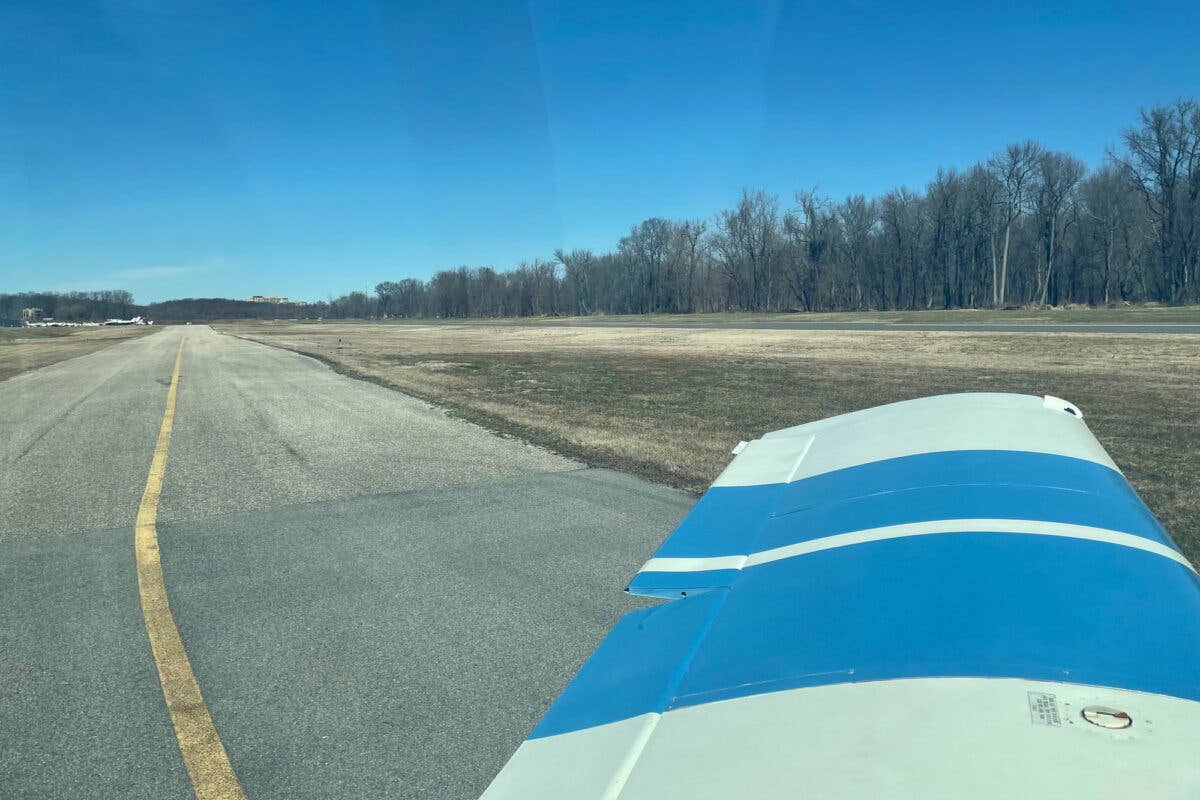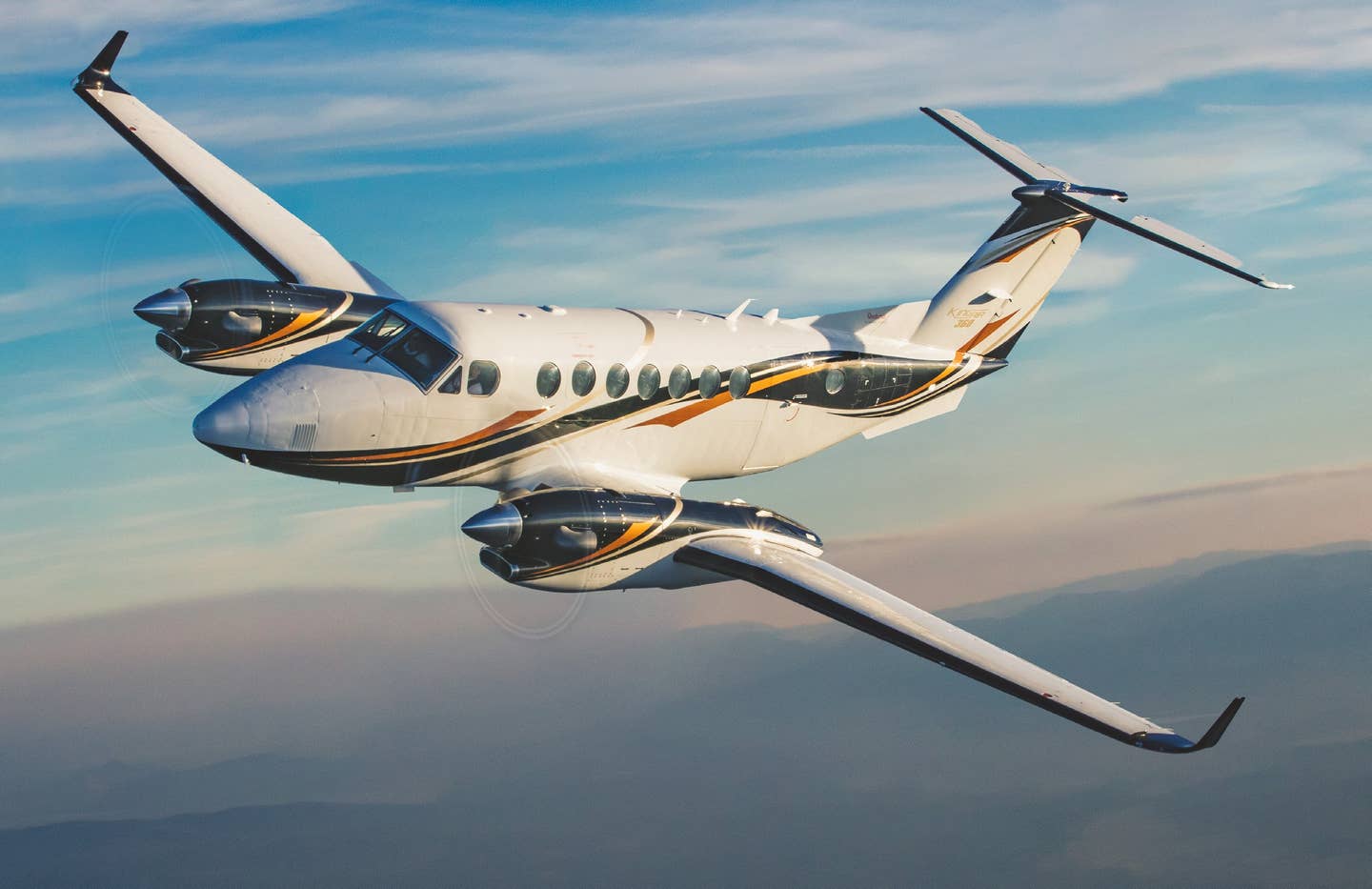
Eliza Snow
I have some very intelligent, well informed friends who honestly believe that America is highly vulnerable to the threat of attack with a general aviation aircraft. To them, because no one is scanning pilots and passengers as they board a private aircraft at a small airport, any one of those 200,000 aircraft might as well be the personal weapon of Osama bin Laden. And frankly, the logic makes sense in the frame of reference that my friends have. It's just that their view is limited by so much of what they cannot understand about how we fly, because all they know is airline flying.
They believe that, like an airline ticket, anyone can buy or charter an airplane on line and no one would be the wiser. And to an extent, there's a grain of truth to that. It's probably true that a well-disguised terrorist could walk in and charter a small aircraft with nefarious intent. But here's where the "marshmallows thrown at a window" argument fits in. The amount of damage someone could do — even including launching a "dirty bomb" — from a small aircraft pales in comparison to what they could do with a rented truck. And it's much easier and lower profile to rent a truck. Even after Timothy McVeigh.
So how about larger aircraft? Couldn't al Qaida simply buy a business jet, load it with TNT and crash it into the White House? What that scenario ignores is the level of scrutiny that any business jet purchase entails. Even an older business jet is still a multi-million-dollar corporate asset, and those simply do not change hands like second-hand Buicks. Companies such as Amstat and JetNet track the for-sale status of every turbine aircraft on (and off) the market. And the money trail to acquire such an asset leaves large footprints. Compare that risk with loading up a Ryder rental truck and blasting or sneaking it close enough to the target area. There is no comparison.
Though not to the same extent, anyone chartering a business jet large enough to have any great potential for mayhem is also subject to financial scrutiny. A potential customer booking a charter worth tens of thousands of dollars will be deeply vetted — for their ability to pay the bill. And if the money/credit trail is at all murky, red alerts start flashing. If I've got a lot to hide, this is just the kind of scrutiny I would avoid at all costs. Again, that rental truck starts looking a lot less risky.
Is it absolutely impossible that someone would launch a terrorist attack via private aircraft? No, of course not. And after 9/11, that theoretical chance is what astounds my friends. But given the heightened scrutiny within the GA industry (even if it is mocked by those who compare it with airline screening), when the level of threat is measured logically and with any depth, it will always sink to near the bottom of the priority list. As it should. There are much greater security challenges out there, and focusing on more dangerous attacks is a wiser use of our security energy.
And that's what I tell my friends.
Call to action: If you have any tips of your own you'd like to share, or have any questions about flying technique you'd like answered, send me a note at enewsletter@flyingmagazine.com. We'd love to hear from you.

Sign-up for newsletters & special offers!
Get the latest FLYING stories & special offers delivered directly to your inbox






